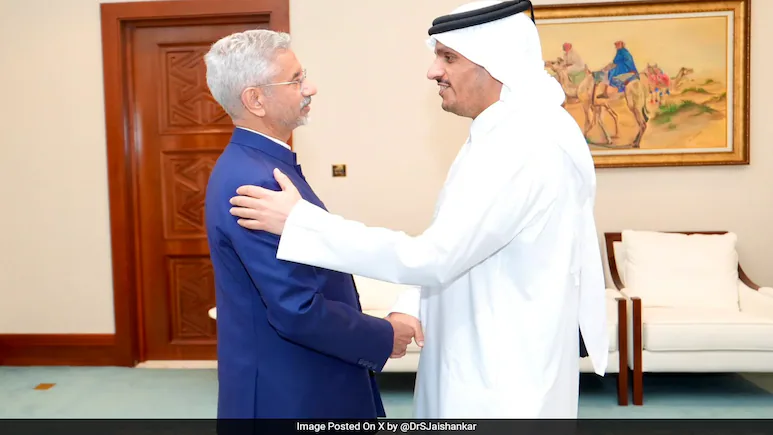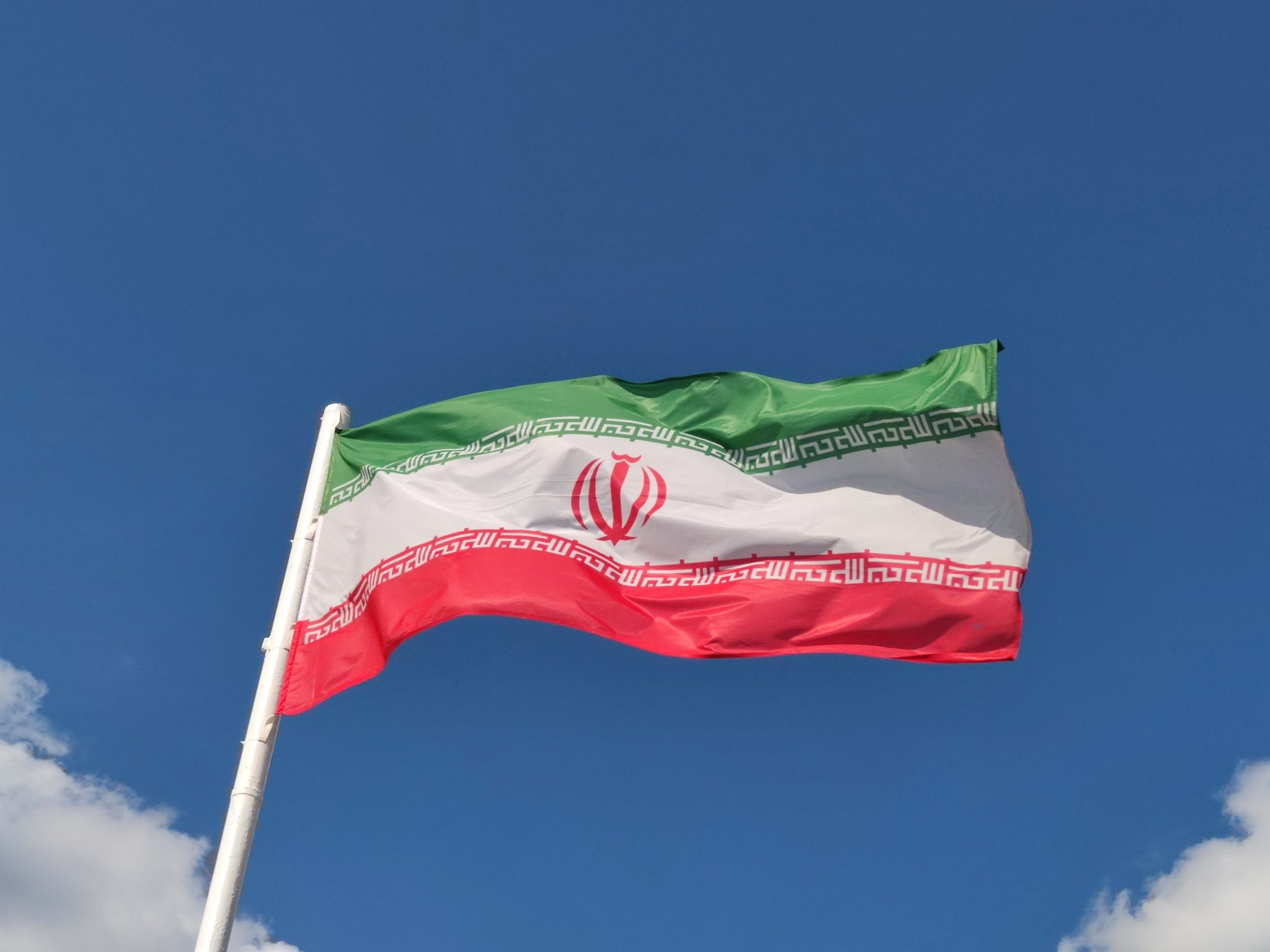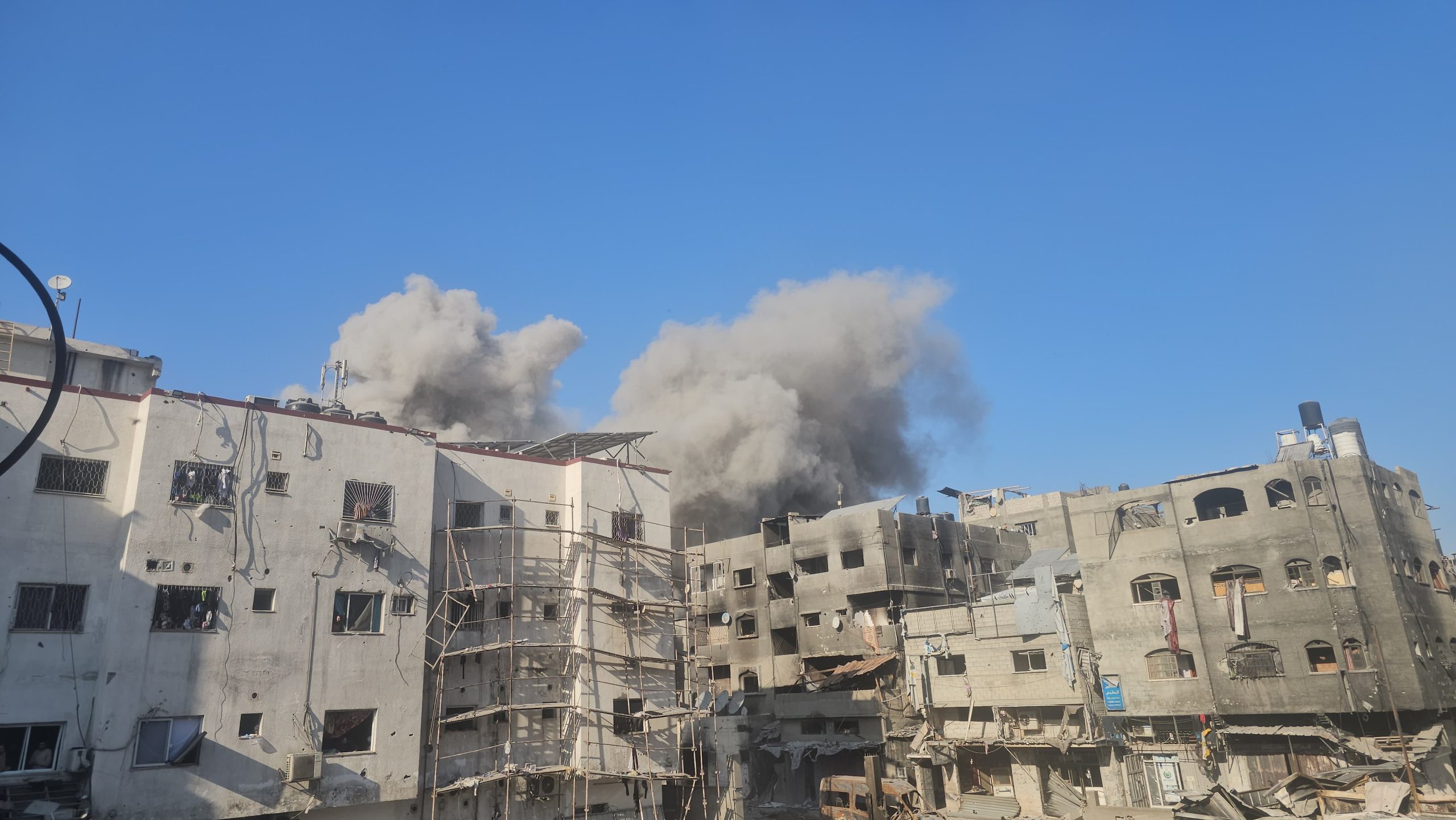Qatar welcomes initiatives to settle differences that would solve the Gulf crisis through dialogue and respect of sovereignty.
Qatar has welcomed constructive initiatives to de-escalate and settle differences through dialogue in the Gulf region, a statement by Alya al-Thani, the Permanent Representative of the State of Qatar to the United Nations, said.
The Qatari official maintained Doha’s willingness to resolve the crisis – which has seen an illegal air, land and sea blockade imposed on the country since 2017 – through peaceful and strategic means.
The remarks were made at the UN Security Council Meeting on the Maintenance of International Peace and Security, where Al-Thani stressed the region’s strategic importance and subsequent need for stability.
Dialogue remains at the core of Qatar’s foreign policy, she said, which was reflected in
the country’s initial response to the Gulf crisis.
“Qatar’s policy since the beginning of the crisis, as HH the Amir Sheikh Tamim bin Hamad Al-Thani called for a serious and constructive dialogue based on common interests, good neighbourliness, mutual respect for the sovereignty, independence and unity of States and non-interference in their internal affairs, and expressed his commitment to mediation, especially the efforts of HH the late Amir of the State of Kuwait Sheikh Sabah Al-Ahmad Al-Jaber Al-Sabah and the efforts of brotherly and friendly countries,” read the statement of the Ministry of Foreign Affairs.
Read more: Kuwait to ‘continue efforts’ to end Gulf crisis: PM.
During the meeting, al-Thani highlighted that Qatar is adhering to the established principles while preserving its interests, similar to any other country around the world and region. This is essential to strengthening alliances rather than dividing them, she noted.
“His Highness the Amir has called, since 2015 from the forum of the United Nations General Assembly, to agree on rules that govern relationship between Iran and the GCC countries, and to conduct a meaningful dialogue based on common interests, respect for sovereignty, and non-interference in the internal affairs of states,” the statement said.
Qatar’s ambassador also made note of the importance of the Gulf Cooperation Council [GCC], which should be preserved as an essential body to deal with crises in the region.
Establishing an effective framework for shared security in the region guarantees the end of existing crises and prevents any escalation in the future, al-Thani added.
Illegal blockade
In 2017, Saudi Arabia, the UAE, Bahrain, and Egypt announced a full air, land and sea blockade on Qatar, creating an obstacle for its imports and limiting its aviation’s movement.
Qatar was asked to accept 13 demands when the blockade, many of which Doha said would mean giving up its political sovereignty and independence.
On Tuesday, Kuwait’s prime minister said in a speech that the country will continue its efforts to end the Gulf crisis and support the GCC.
“Kuwait is committed to firm foreign policy, committed to its principles, the foundations of which were laid by the late Amir Sheikh Sabah Al-Ahmad Al-Jaber Al-Sabah,” he added.
His remarks came after Saudi’s Foreign Minister Prince Faisal bin Farhan suggested the kingdom is “committed to finding a solution” to the three-year-long Gulf crisis triggered by his country’s blockade of Qatar.
While the statements seemed to be hopeful, they did not indicate a change in Saudi’s position according to analysts.
“In the same discussion, the minister alluded to the fact that any change of the status quo would still be linked to Qatar abiding by the demands of the quartet,” said Dr. Majed Al-Ansari, Assistant Professor of Political Sociology at Qatar University.
“From Qatar’s perspective, the official position remains unchanged, open to negotiations without preconditions and refuse any demands that harm the sovereignty of the state or meddle in the internal affairs of Qatar,” said Dr. Al-Ansari.
Follow Doha News on Twitter, Instagram, Facebook and Youtube







